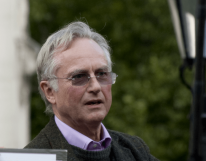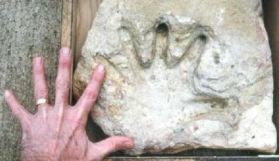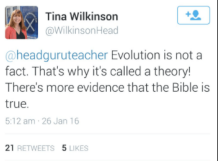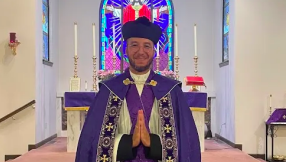Advocates of evolution seem to be finding more and more reasons to doubt their claim that human beings came from apes.
A team of scientists from the University of Cambridge in the United Kingdom recently found out that the DNA, which stores human beings' biological information, and the way it is affected by modifications, is more complex than the scientific community earlier thought.
In the results of their study published on the journal "Nature Structural and Molecular Biology," the researchers said the human genome or complete set of DNA is much more complicated than previously imagined by scientists.
This is due to the fact that a different kind of DNA modification, called "epigenetic modification," was previously overlooked by scientists. Epigenetics studies how genes of organisms are switched on and off.
"We found it surprising that so little attention has been given to direct epigenetic modifications," the scientists wrote in their paper entitled "Identification of methylated deoxyadenosines in vertebrates reveals diversity in DNA modifications."
"In order to determine if there are in fact no other modifications, we used dA6m as an example and discovered that the higher eukaryotic genome is more diverse than previously thought," they further said in the study, as quoted by Christian News.
Due to their new findings, the scientists suggested that there are more DNA modifications that have yet to be explored and studies.
"Direct DNA modifications might be more widespread than previously thought," the team said in their study's abstract.
Dr. Jeffrey Tomkins, a geneticist with a Ph.D. from Clemson University, called this latest discovery on the human genome "complete contradiction to evolutionary predictions."
"The language systems in the genome continue to reveal nothing but unimaginable complexity," Tomkins told Christian News.
Dr. Magdalena Koziol, who was a member of the research team, meanwhile said that the scientific community needs to dig deeper on epigenetic modification.
"It's possible that we struck lucky with this modifier, but we believe it is more likely that there are many more modifications that directly regulate our DNA. This could open up the field of epigenetics," Koziol said.


















